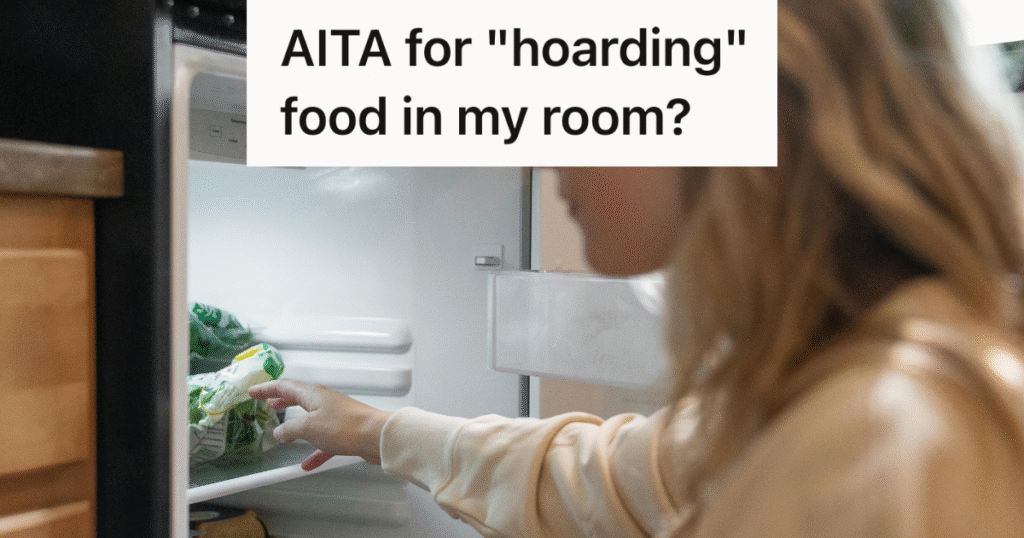- A new study has connected eating breakfast earlier in the day with living longer.
- Breakfast timing may reflect underlying health problems, experts say.
- Here’s the most optimal time to eat your first meal of the day.
Most of the time, your breakfast schedule is based on whenever you have time to pause for a second during your busy schedule (and how hungry you tend to be after waking up). But buzzy new research suggests that in older adults, the timing of that first meal of the day may be associated with mortality.
This association is obviously a little more complicated than simply deciding between sunrise breakfast or an 11 a.m. brunch. But the findings are raising a lot of questions about what your breakfast timing might signify about your future health.
Here’s what the new study found, plus what a doctor and dietitians want you to keep in mind about what they might mean for you.
Meet the experts: Hassan S. Dashti, PhD, RD, is the lead study author, an assistant professor of anesthesia at Harvard Medical School, and assistant professor of anesthesia research at Massachusetts General Hospital. Scott Keatley, RD, is co-founder of Keatley Medical Nutrition Therapy. Mir Ali, MD, is medical director of MemorialCare Surgical Weight Loss Center at Orange Coast Medical Center in Fountain Valley, California.
What did the study find?
The study in Nature Communications Medicine analyzed health data from 2,945 adults aged 42 to 94 living in the United Kingdom. These participants answered questions about their health, lifestyle, and eating habits from 1983 to 2017.
The researchers found that the participants were more likely to eat breakfast and dinner later in the day as they got older, and to spread their daily eating window over a smaller period of time. However, those with later breakfast times experienced worse physical health (like having fatigue as well as cardiovascular issues) and mental health (experiencing depression or anxiety).
The researchers also looked at all-cause mortality (the odds of dying for any reason), and found a link between those who ate breakfast later in the day and a higher risk of dying. Each hour that the participants waited to eat breakfast after a starting time of 7:30 a.m. was tied to an 8 to 11 percent chance of dying during the study period, which lasted 34 years.
Why does breakfast timing impact mortality risk?
The researchers didn’t dig into why this link exists—they simply found an association. Still, “breakfast timing may reflect underlying changes in physiology, such as reduced morning appetite, fatigue, or health problems that make it harder to start the day, making it a particularly sensitive marker of overall health in older adults,” says Hassan S. Dashti, PhD, RD, lead study author, an assistant professor of anesthesia at Harvard Medical School, and assistant professor of anesthesia research at Massachusetts General Hospital. So, if you have a health complication like heart failure, you may struggle to get up in the morning and to make yourself breakfast, which pushes back that mealtime.
The time of day you eat breakfast can also influence your circadian rhythm, which has physical implications. “Eating later in the day shifts nutrient intake into a period when insulin sensitivity is lower and melatonin is rising,” says Scott Keatley, RD, co-founder of Keatley Medical Nutrition Therapy. “That combination means glucose tolerance is impaired, fat oxidation is reduced, and the body is more likely to store rather than burn calories.”
Over time, this can translate to a higher risk of developing metabolic disease like type 2 diabetes or heart disease, frailty, and mortality, says Mir Ali, MD, medical director of MemorialCare Surgical Weight Loss Center at Orange Coast Medical Center in Fountain Valley, CA. Plus, “your metabolism slows down when you sleep, and you can more easily gain weight,” he says.
Why is it better to eat breakfast earlier versus later?
Well, Dashti says his findings don’t definitively conclude that you should try to eat breakfast earlier—more research is needed first. “If the results are confirmed in future research, clinicians may consider asking older patients or their caregivers whether they have noticed changes in the timing of meals, particularly breakfast, over recent years,” he says. “A shift toward later meals could serve as a simple marker of underlying health problems.”
Still, Keatley points out that an earlier breakfast is generally better, if you can swing it. “Eating earlier aligns feeding with the body’s natural hormonal peaks: Cortisol in the morning helps mobilize energy, and insulin works more effectively early in the day,” he says. When you push your breakfast back, it can throw your hormones, circadian rhythm, and blood sugar out of whack.
When is the optimal time to eat your first meal of the day?
There’s no one universal “best” time for older adults to eat breakfast, Dashti points out. “However, based on the existing literature, it is generally recommended that food be consumed about one hour after waking,” he says. “This helps align energy intake with the body’s natural circadian rhythms and metabolic readiness in the morning.”
Korin Miller is a freelance writer specializing in general wellness, sexual health and relationships, and lifestyle trends, with work appearing in Men’s Health, Women’s Health, Self, Glamour, and more. She has a master’s degree from American University, lives by the beach, and hopes to own a teacup pig and taco truck one day.






